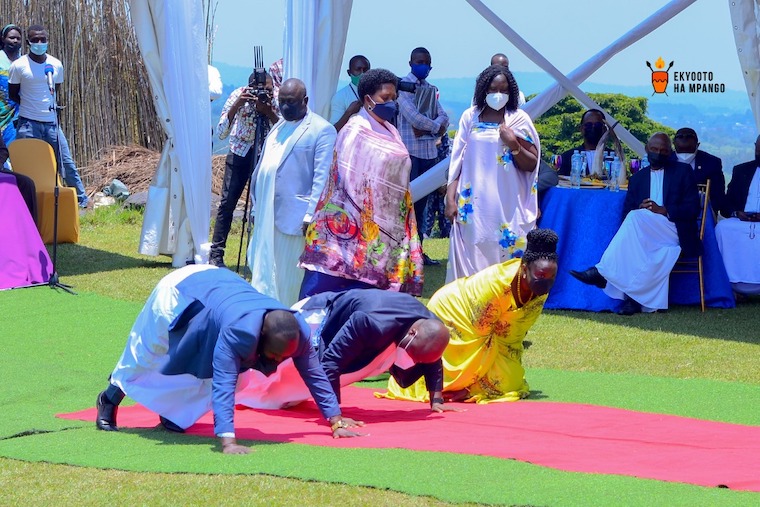
Author: Yahya Sseremba
Source: The Observer
I have hopefully made it clear that the modern state is the most violent, most divisive and most dictatorial form of political organization that humanity has ever invented.
Any serious analysis of political violence must consider the identity-based character of the nation state that politicizes social difference and produces religious and other forms of discrimination.
Such a comprehensive understanding of the state would take us beyond the shallow liberal distinctions between democracies and dictatorships, between the public sphere and the private domain, between the secular arena and the religious realm, etc.
This is not to suggest that these distinctions have no analytical value. Rather, their value is limited because they operate within the framework of the modern state and thus cannot help us to see the structural and logical problem of the state as state.
Any remedy that is rooted in such liberal categories and distinctions can only advance superficial solutions like the familiar prescriptions for the recognition of the rights of the minorities, respect for freedom of religion, promotion of gender equality, and so on.
But there are thinkers who have realized that there is something inherently wrong with the modern state. Some Ugandan thinkers propose that Uganda should be abolished so that societies may return to their kingdoms, chiefdoms, etc. I am still studying this proposal, and I cannot assess it for now.
What I can say is that there is almost nothing left of the past to which we can return. The kingdoms and chiefdoms that we see today are despotic, tribalist and patriarchal colonial creations that have little in common with their precolonial predecessors.
To abolish Uganda in favour of Buganda kingdom or Acholi chiefdom would be to reproduce the same problems that we are trying to address. When things go terribly wrong, there is a temptation to identify a golden age in the past and fantasize blissful life around it.
Yet, the past had its own challenges, and it should not be romanticized. But we can learn from it. It is necessary to draw lessons from the past, but we cannot reverse time and simply return to the “source” as if the present never existed.
One lesson that the pre-modern world, and more recently much of precolonial Africa, can teach us is that humans do not need the massive structure of power known as the state, let alone the nation state, to constitute organized societies.
Yet, far from abolishing states like Uganda, some thinkers propose that the state should only be separated from the nation. Part of the problem of the nation state is that it is founded on the distinction between the nation and its minorities.
The liberal fight for the rights of the minorities is narrowly focused because it falls short of problematizing the structure of power— the nation state—that in the first place produces the majority and the minority as political identities.
There is need, some thinkers propose, to transcend the liberal distinction between the private (i.e. identity) and the public (i.e. reason) in order to depoliticize identity itself. In other words, eliminate “culture” or “biology” as a political identity rather than deluding oneself that it can be confined to the private domain.
To eliminate “culture” or “biology” as a political identity is not the same as eliminating “cultural” or “biological” differences.
Culture and biology are politicized when they become the basis for constituting the political majority and the political minority. The liberals have no problem with these two categories; they only seek—in vain—to ensure equality between them.
Many feminists have realized part of the problem, for they have gone beyond the struggle for gender equality and sought to eliminate gender itself as a political identity. Such feminists consider the mere pursuit of women rights as a short-sighted project because it takes for granted the political identity “women”—and “men”.
An identity becomes political when it is considered in determining whether one is included—and how they are included—in a political community. Such an identity must be defined and reified to serve that purpose.
Thus the white settler colonial state of the United States of America produced definitions of (native) Indian and black peoples and continues to identify members of society in terms of race. The Ugandan state has a definition of indigenous communities.
When Oyeronke Oyewumi says that the colonialists invented women, she means that they produced a rigid definition of women— and men—and proceeded to organize Yoruba society accordingly.
To separate the state from the nation is to eliminate such political identities instead of pursuing equality based on them.
The author is research fellow at Makerere Institute of Social Research. His latest book is America and the Production of Islamic Truth in Uganda.

